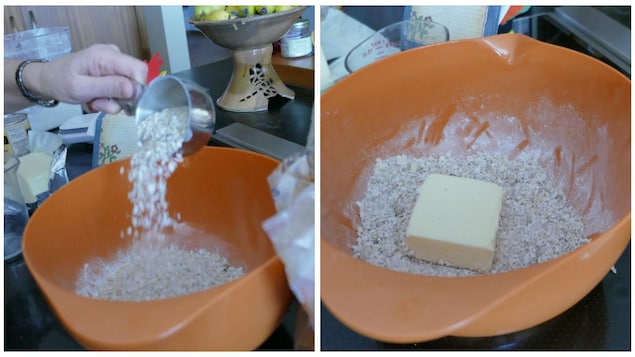Oat milk has become a popular substitute for animal milk, but no company has yet made it entirely in Saskatchewan.
It took ten years of research and development to turn plant protein into a dairy substitute in Regina, says Regina Mera Food Group President Wayne Goranson.
Here we have a research center where we have developed the basic technology
, says Goranson.
To get there, the group dismantled a full 10,000-piece factory in the Dominican Republic and moved to Saskatoon, after COVID-19 restrictions had reduced the team’s ability to travel outside of the country. Canada.
According to Goranson, his group’s full oat milk production will begin in May or June, and the product will be available in stores during the summer. He adds that the drink will be sold at Co-op grocery stores across Canada.
It’s gonna be a big day, it’s something I’ve believed in for a very long time
, he said. I will be very happy to see a product that has been grown in Saskatchewan, processed in Saskatchewan, packaged in Saskatchewan on the shelves.
Casting a wide net
Goranson says he’s working on the project in partnership with several other companies, including Thomas Benson of Benson Farms in Raymore, Saskatchewan.
In addition to oat milk, other products will be produced: a drink made from hemp and oats.
He adds that the company will also produce soy drinks and everything cereals grown in Saskatchewan have to offer.
We can make it a food ingredient or a drink.
Existing opportunities
Weak consumer demand is one of the reasons Saskatchewan has been slow to introduce its own province-made oat milk, says Goranson.
Oats were generally seen as animal feed or made into granola in grains, and so there wasn’t really that concept.
, he said.
Today, he sees an increase in demand for oat milk in the province.
A lot of people are lactose intolerant and probably didn’t even know it, and it’s going to give them choices.
The Mera Food Group company intends to take advantage of its experience in industrial sectors to carry out its initiative in an original way.
The company notes that it has had to deal with many constraints. First, the oats are sticky
and to have it in the form of milk, enzymes were used to achieve the desired chemical reactions. Producers also want to make sure it tastes smooth through technical processes to separate the bran, hence the husk, from the rest of the oat fibers, says Goranson.
With information from CBC
–


